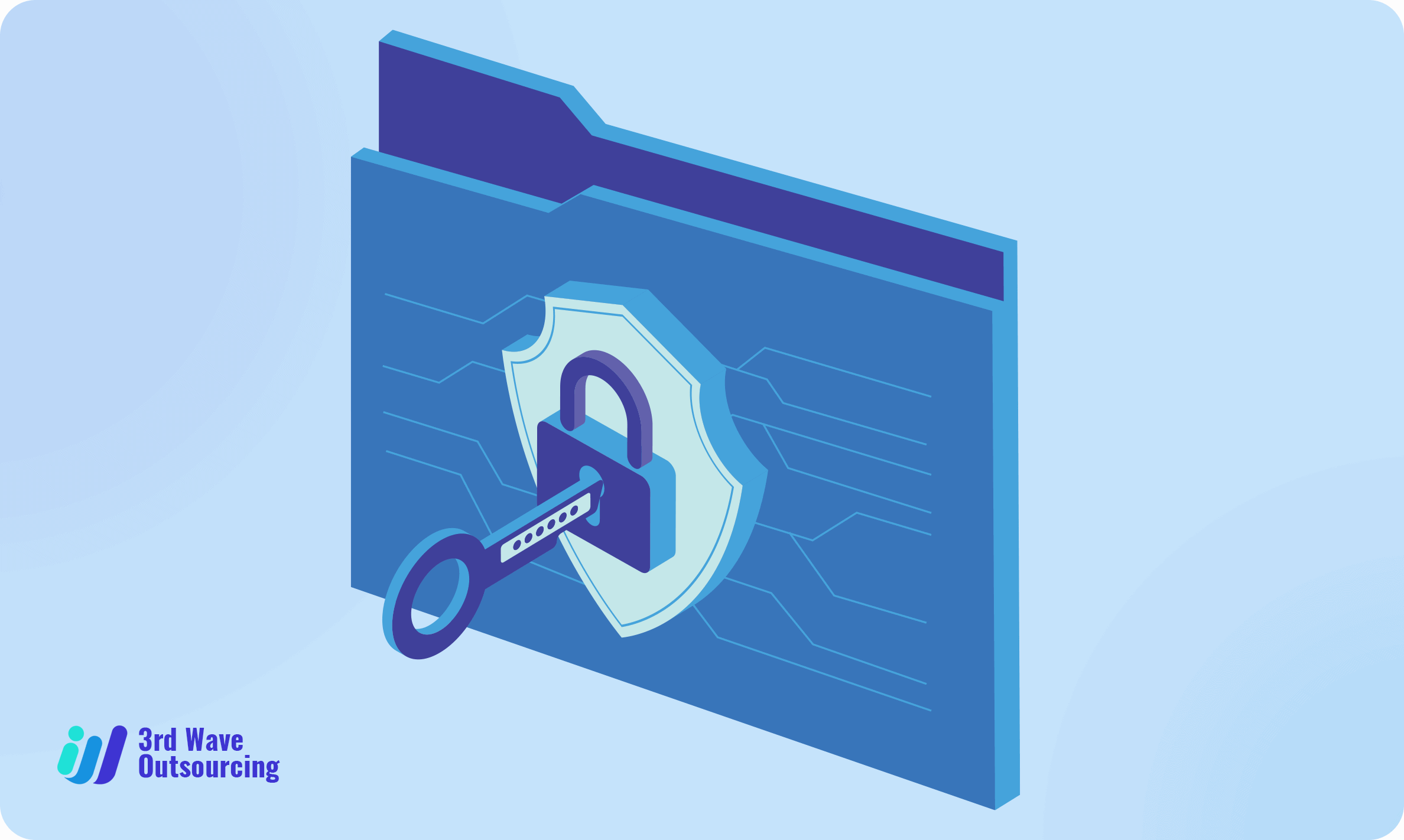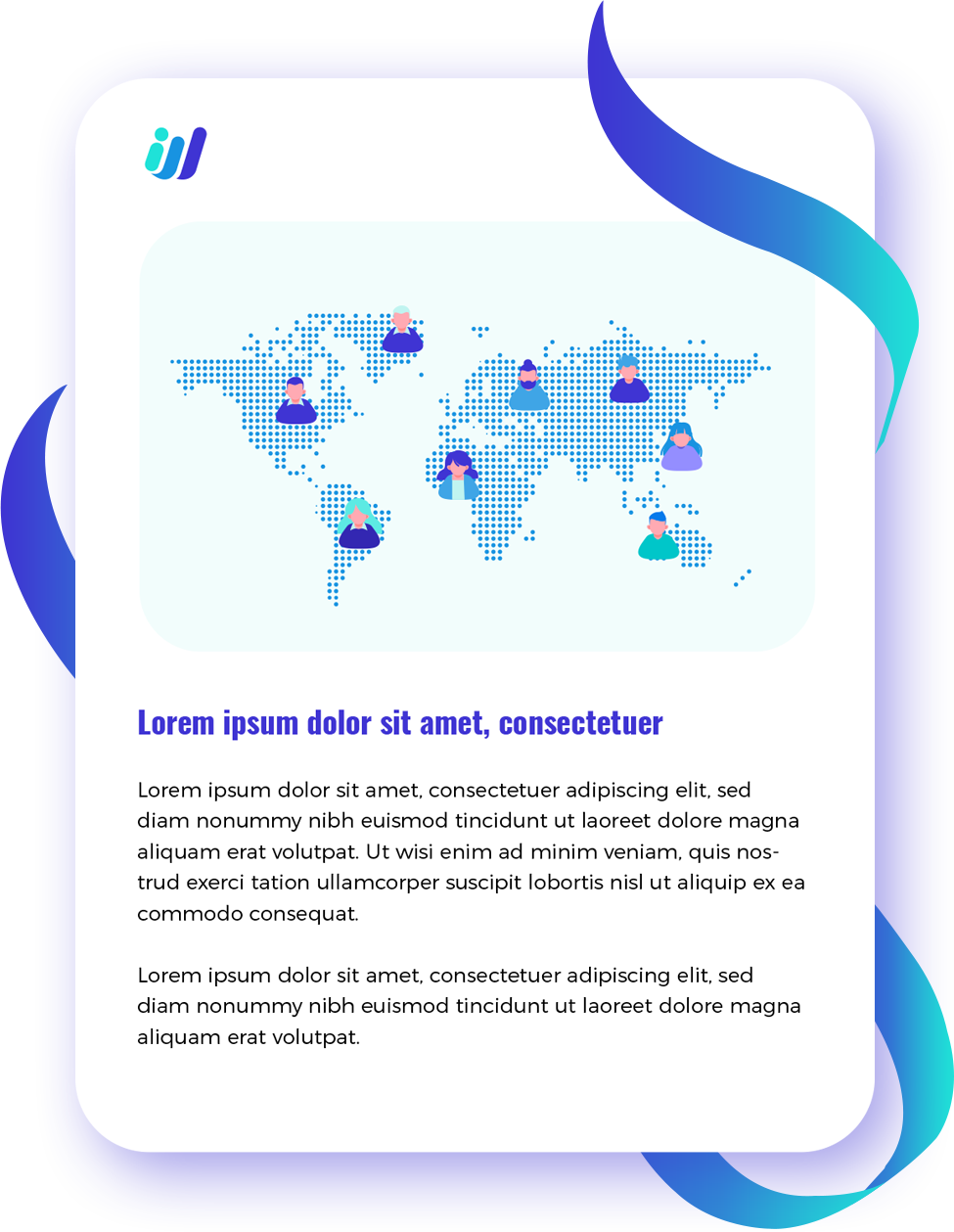The third wave of outsourcing has arrived and cybersecurity is now a major factor in the process. In this article, we’ll look at the risks and rewards of outsourcing your cybersecurity to a third-party provider. We’ll also discuss how you can minimize those risks by doing your homework ahead of time.
There are risks to outsourcing cybersecurity.
The fact that cybersecurity is a rapidly evolving field means that threats evolve quickly. This can be especially true with third wave outsourcing, as the threat landscape for third wave outsourced companies is different than it was for first and second generation outsourcers. Cybersecurity risks are not just about data, they are also about people and processes—and third wave outsourcers need to know how to protect against both internal (human) and external (physical) threats.
Third Wave Outsourcing Isn’t Just About Data: Third wave cyber-attacks can come from anywhere—not just outside of your company but also inside it! In addition to traditional malware infections or phishing scams designed specifically for financial systems or other critical infrastructure (e.g., energy plants), hackers may use social engineering tactics to gain access into sensitive areas within organizations such as HR departments or payroll departments where personal information could be stored without proper safeguards being put in place by employees who aren’t trained on these types of vulnerabilities
Many third wave firms aren’t prepared for the new risks.
Many third wave firms aren’t prepared for the new risks. The primary reason is that many of these firms are not experienced in handling cyber security issues and do not have sufficient staff with relevant expertise or resources to address them. Some third wave companies also lack adequate internal controls to safeguard against cyber threats, which can make them vulnerable to an attack from outside hackers or malware-infected computers within their own network.
Some international firms are still outsourcing to a place like China, even though they know the risks.
In fact, some of these firms may be doing so because they don’t want to pay for cybersecurity services from their own employees or from outside vendors. It can also be difficult for many companies to hire highly skilled cybersecurity workers in the U.S., even if it’s their home country. This is one reason why many large corporations hire contractors instead of directly hiring local staff members—it makes sense when you consider that most small businesses can’t afford an office space with 24/7 access and other amenities necessary for effective security operations. The spread of cybercrime over time has made it almost impossible for anyone to provide such services effectively and efficiently without breaking any laws along the way—and this is particularly true when you consider how much money has been spent fighting against cybercrime over recent years!
In order to get a good third wave cybersecurity firm, you need to be willing to pay for quality work. You also need to be willing to pay for experience and expertise in this area. Finally, you should be willing to pay for security and integrity as well.
The risk of having your information stolen isn’t just about the data itself. There are many other factors that can put you at risk, including:
Your physical location where you store sensitive data
- The security of your personal device, such as a laptop or smartphone
- The security of the software you use on this device (e.g., malware)
Cybersecurity is more than just patching holes in your perimeter defenses.
As the third wave of outsourcing has begun, cybersecurity is more than just patching holes in your perimeter defenses. It’s about protecting your data, not just your network; it’s about protecting your reputation and brand equity.
Cybersecurity is a process, not a product. You can’t put out an application for “cybersecurity” and expect it to do anything other than try its best to patch holes in whatever you’ve got going on right now (e.g., patches). The only way this will work is if we start thinking about cybersecurity as an entire ecosystem—an ecosystem that must include multiple layers of defense throughout every aspect of our lives: from the physical security of our personal property at home or work sites through our digital identities online through even consumer contracts with companies like Amazon Web Services where those same personal properties are hosted by third parties who themselves have their own networks that need defending against external attacks from hackers or other malicious actors within those networks.
An experienced third wave firm can help protect you from breaches that result from internal sources or external threats.
Third wave firms are experts in the field of cybersecurity, and they have the resources to provide your company with protection against all types of threats. They may be able to prevent a breach from happening in the first place, or they could help you repair any damage that does occur after it has happened. Third wave firms can also help identify and mitigate risks for both internal and external sources of data loss so that your business doesn’t suffer any long-term financial loss as a result of an incident like this one at Sony Pictures Entertainment (SPE).
Do your homework before you outsource.
- Do your homework: Before you outsource, make sure that the company is trustworthy. Find out what the third party’s history is and how long they have been in business. The more experience a company has, the better—although this doesn’t necessarily mean that their services will be cheaper!
- Find a trusted third party: Your best bet for finding a trusted third party is to go through an industry association like ISACA’s Cybersecurity Taxonomy Project. They’ll give you insight into whether or not any given threat can be mitigated by specific types of technology solutions (for example, if someone says their solution stops malware infections but doesn’t take into account all types of malware).
- Know what your options are: Some organizations will offer cybersecurity as part of an overall IT solution while others may only provide basic services such as patch management or file encryption without any special expertise in cybersecurity itself; find out which one fits best with your needs before making any decisions about outsourcing anything else!
The bottom line is that you should expect to pay a premium for a third wave cybersecurity firm. But if you want to prevent data breaches, it’s worth the investment.
When done right, outsourcing sparks startup success, increases the chance for thriving, and clears the path toward sustainable and guaranteed growth. Let us help you find top talents in IT, technical support, digital marketing, and cloud services so you can leverage all the benefits of outsourcing in the new normal. Request a FREE copy of the e-book on Third Wave Outsourcing .


